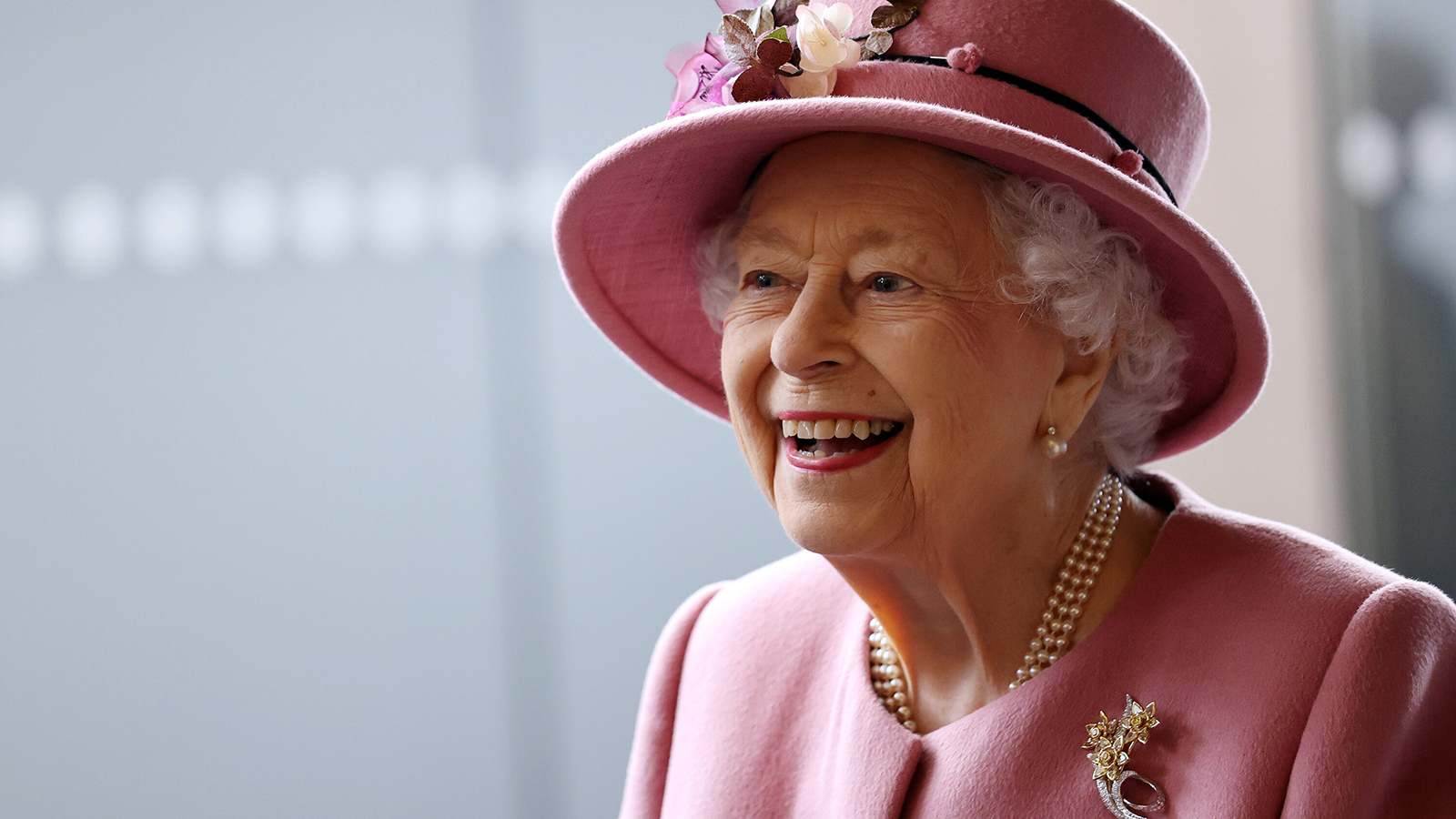May she rest in peace
Friday 16 September 2022 | Written by Supplied | Published in Church Talk, Features

Queen Elizabeth II. Credit: Chris Jackson/Chris Jackson Collection, via Getty Images/22091517/
Since last week, we have been coming to terms with the death of Queen Elizabeth II. For most of us, given she reigned for 70 years from 1952, she is the only monarch we have known. However, some of us may also have known the previous king, George the Sixth who became king in 1936, writes Bishop Paul Donoghue of the Catholic Church.
In my last Church Talk article, I expressed my disappointment in the fact that many modern day leaders fail to realise that they have been chosen to be leaders in order to serve the people they have been chosen to represent. I also discussed how some of them are prepared to sacrifice the common good in order to achieve political ambitions and personal status. Traditional values such as honesty and respect for our neighbour have often been cheapened in modern politics.
I consider it therefore a privilege to be writing on the life of Queen Elizabeth the Second. She was a woman for the people whom she promised 70 years ago to serve as long as she lived. To my knowledge she never veered away from this task.
As a young woman before becoming Queen, she lived through the years of the second world war (1939-1945). The family home, Buckingham Palace suffered war damage. During these years she was a mechanic and driver doing her part for the war effort. Certainly, she did not choose to go to some safe palace during the war years. Like her people she was contributing to the war effort.
The Queen’s marriage to Philip Mountbatten in 1947 lasted for 73 years, until the death of Prince Philip in 2021. The marriage was a remarkable love story summed up by the words of the Queen herself – “The only man I could have loved.” Over the years we have come to know her four children and have delighted in the grandchildren and now coming to know the next generation of great grandchildren. We have seen the development of Queen Elizabeth’s heir, King Charles III and know Prince William and Prince George are next in line. How sad the Queen looked on the day of the funeral of Prince Philip, when she was in Windsor Castle seated alone, separated from her family because of Covid restrictions.
Over the years we came to expect to hear the Queen’s message at Christmas and certainly special address to the United Kingdom and Commonwealth when something major was affecting the world such as the Covid pandemic. She was always able to empathise with her people and to reassure them that they had a God who loved them. Queen Elizabeth would state that by standing together we could overcome the crisis that was affecting the world.
As queen, Elizabeth served as de facto head of the Anglican Church. Her title “Defender of the Faith and Supreme Governor of the Church of England” dates to the reign of King Henry VIII. As such, she appointed archbishops, bishops, and deans of the Church of England and presided over the opening of their General Synod.
She was a vocal proponent of the practice of religion, whether it was Anglican or not. She used her Christmas Day message to call for interfaith harmony. On the occasion of the Diamond Jubilee marking the 60th year of her reign in 2012, she and the Duke of Edinburgh attended a multi-faith reception at Lambeth Palace hosted by the archbishop of Canterbury. In matters of personal faith, Queen Elizabeth had “a deep vibrancy of faith,” and “read Scripture daily, attended church weekly, and regularly prayed”.
Many people when focusing on the new King Charles III hope that he will modernise the image of the monarch. Viewing the first speech of King Charles III, I am confident that he too is a man of faith and belief. The charities that he has been promoting such as climate change and protecting the environment were in place well ahead of most. The media today favour leaders who are superstars. They have a tendency to make a big splash and then fade equally as quickly. People struggle to find enduring substance in these superstars.
It is my hope that King Charles III, like his mother, will serve his people in the time God gives him, short or long. And whatever may be our background or beliefs, we can be confident that he too will endeavour to serve us with loyalty, respect and love as his mother certainly did before him.
I conclude using the words of the Prime Minister of New Zealand, Jacinda Ardern used in her tribute to Queen Elizabeth in Parliament, earlier this week. The Prime Minister said that the Queen had used the words herself. I suspect the Queen was quoting an Australian Aboriginal proverb.
“All of us are visitors to this time, this place. We are just passing through. Our purpose here is to observe, to learn, and to love. Then we return home.”
May Queen Elizabeth the Second rest in peace.












































